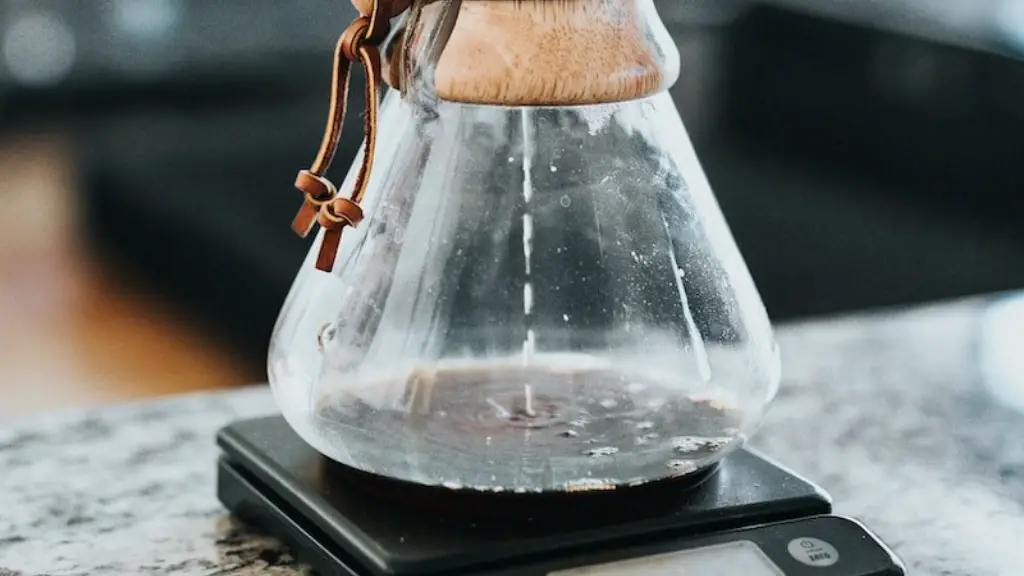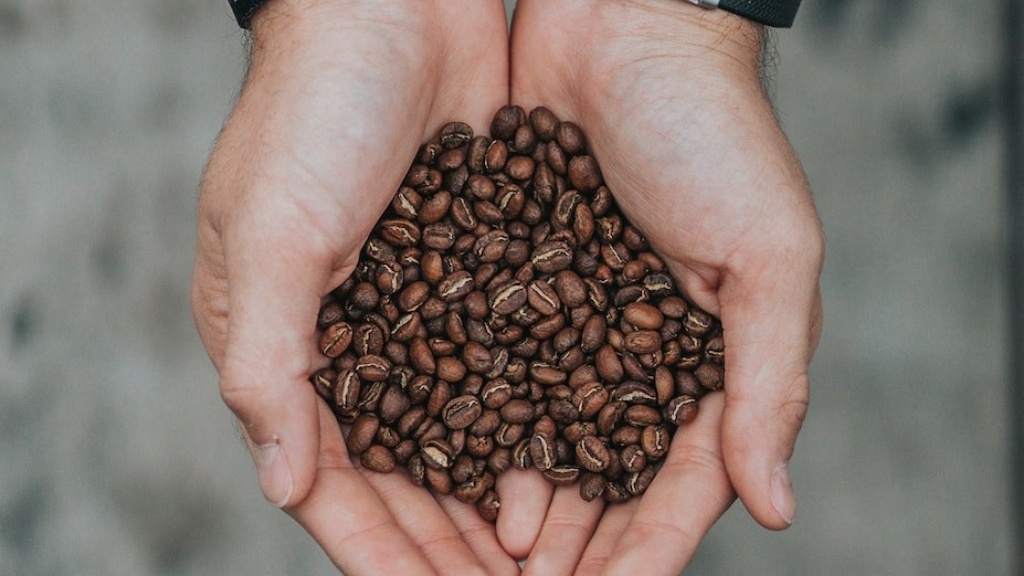Coffee is one of the world’s most beloved beverages. For many coffee is a daily ritual – often the first thing they do upon waking each morning. Recently coffee’s importance to human health has been illuminated through advancements in scientific research.In addition to its many benefits, coffee also has been known to interfere with cholesterol tests.
Cholesterol is a type of fat found in the bloodstream and while some forms are beneficial, too much of the unhealthier types can cause serious long-term health problems. This is why it is important for people to go for regular check-ups with healthcare providers to ensure their cholesterol levels are within the optimal range.
Cholesterol tests involve taking a small sample of blood, which is analyzed in a laboratory. Drinking coffee shortly before a cholesterol test is a common practice, but it is not recommended. This is because coffee contains cafestol, a substance that raises “bad” LDL cholesterol levels, which can interfere with the test results.
A study conducted by the Dietary Lipids Department at the University of North Carolina shows that even a single cup of coffee can raise cholesterol levels. The study found that drinking 16 ounces of black coffee raised levels of cholesterol by an average of 12%, even among those who were not regular coffee drinkers. This is due to cafestol, which binds to the cholesterol already present in a person’s bloodstream, creating an artificial rise.
Coffee also contains kahweol, which research has shown has the potential to affect nongenetic cholesterol levels. Yet, more research is needed in this area to determine if it is really affecting cholesterol levels and what the impact is.
Experts recommend that it is important to refrain from drinking coffee several hours before a cholesterol test, as it may interfere with the results. However, this does not mean you have to quit drinking coffee; rather, it just means that patients should be mindful of when they drink it. Some research suggests that drinking coffee four or more hours before a cholesterol test can reduce the effect on test results.
Caffeine and Cholesterol
Caffeine is a common component of coffee and other popular beverages such as tea and soda. In addition to its effects on cholesterol levels, research also has shown that caffeine can affect other aspects of health. For example, a 2017 study published in the journal Oxidative Medicine and Cellular Longevity found that regular consumption of caffeinated beverages may contribute to a range of cardiovascular health problems, including high cholesterol.
These findings suggest that despite its potential benefits, it is best for individuals to moderate their consumption of caffeinated beverages, especially in the hours before a cholesterol test.
Role of Coffee on Heart Health
Coffee consumption has been linked to numerous heart health benefits, particularly when consumed in moderation. These include, but are not limited to, a reduced risk of stroke, diabetes, and heart attack.
A 2019 study published in the journal Circulation looked at the relationship between coffee and heart disease risk. The research found that consuming three to five cups of coffee per day can reduce the risk of heart disease by 19%, with an even greater benefit for those who drank more than five cups.
This is great news for those who enjoy coffee, but it is important to note that these benefits only apply when coffee is consumed in moderation and without any added sugar or cream. Therefore, those who are at risk for heart disease and other conditions should speak to their doctor about their coffee consumption and whether it is safe for them to drink it before a cholesterol test.
Gene Variation and Coffee Consumption
Everyone’s body and genetic makeup is different, and this can affect how any given person reacts to coffee. For example, some people may be more sensitive to the effects of cafestol and kahweol than others. Thus, it is important to be mindful of one’s personal genetic variation when it comes to their caffeine intake.
Furthermore, there are certain genes which may make it difficult for the body to properly break down caffeine, leading to long-term caffeine sensitivities. Those who believe they may have this gene should consider eliminating coffee from their diet, particularly in the hours before a cholesterol test.
Impact of Age
Age also appears to play a role in the effects of coffee on cholesterol. Research conducted by the Dietary Lipids Department at the University of North Carolina found that those aged 18-34 experienced the greatest increase in cholesterol levels when coffee was consumed shortly before the test. This suggests that for younger individuals coffee is particularly likely to interfere with their cholesterol results.
On the other hand, older individuals appear to be less susceptible to this effect. This indicates that for those over the age of 34, it may be safe to drink coffee shortly before a cholesterol test. However, it should still be done in moderation and a doctor should always be consulted to determine the most appropriate course of action.
Is Coffee Still Good for You?
Despite its potential to interfere with cholesterol tests, coffee still has numerous health benefits. This is why it is important to take into account all of the effects of coffee when considering its health benefits. It should also be noted that the effects can vary greatly depending on how people prepare their coffee and the amount they consume.
Research suggests that those who drink coffee need to be mindful of when they consume it. For example, refraining from drinking it several hours before a cholesterol test can help ensure that the results of the test are more reflective of an individual’s actual cholesterol levels. Furthermore, consuming moderate amounts – one to five cups per day – can help maximize its health benefits.
Alternatives to Coffee
For those who are concerned about the effects of coffee, there are other options available. Caffeine-free coffee is a popular alternative and can be brewed just like regular coffee. This is a good option for those who want the taste of coffee without the potential interference with cholesterol tests.
There are also numerous herbal teas available, many of which contain antioxidants that can help protect against health problems such as heart disease and stroke. These teas can be a great choice for those who want the potential benefits of caffeine without the potential risks.
Conclusion
Coffee is a delicious and popular beverage, but it is important to be aware of its potential effects on cholesterol tests. Research has shown that even a single cup of coffee can raise cholesterol levels due to its components cafestol and kahweol. Drinking coffee shortly before a cholesterol test can interfere with the results, so it is recommended to refrain from doing so. However, drinking coffee in moderation can provide numerous health benefits and should not be avoided entirely.





